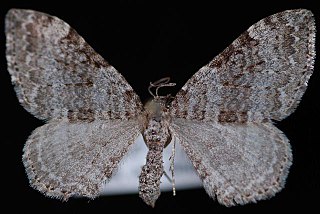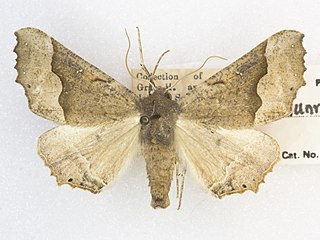
Convolvulaceae, known commonly as the bindweed or morning glory family, is a family of about 60 genera and more than 1,650 species of mostly herbaceous vines, but also trees, shrubs and herbs, and also including the sweet potato and a few other food tubers.

Tilapia is the common name for nearly a hundred species of cichlid fish from the coelotilapine, coptodonine, heterotilapine, oreochromine, pelmatolapiine, and tilapiine tribes, with the economically most important species placed in the Coptodonini and Oreochromini. Tilapia are mainly freshwater fish inhabiting shallow streams, ponds, rivers, and lakes, and less commonly found living in brackish water. Historically, they have been of major importance in artisanal fishing in Africa, and they are of increasing importance in aquaculture and aquaponics. Tilapia can become a problematic invasive species in new warm-water habitats such as Australia, whether deliberately or accidentally introduced, but generally not in temperate climates due to their inability to survive in cold water.
Eupithecia macdunnoughi is a moth in the family Geometridae first described by Rindge in 1952. It is found in the western US states of California, Arizona, Nevada, Utah and Colorado.

Speyeria egleis, commonly known as the Great Basin fritillary or egleis fritillary, is a butterfly of the family Nymphalidae. It is found in North America, where it has been recorded from North Dakota southwest through Oregon to California and south to Colorado. The habitat consists of mountain meadows, forest openings and exposed rocky ridges.
Acerpenna macdunnoughi is a species of small minnow mayfly in the family Baetidae. It is found in North America.
Hydriomena macdunnoughi is a species of moth in the family Geometridae. It was described by Louis W. Swett in 1918 and is found in North America, where it has been recorded from Yukon Territory to western Alberta and Colorado.

Xanthorhoe macdunnoughi is a species of moth in the family Geometridae. It was first described by Louis W. Swett in 1918 and is found in North America, where it has been recorded from open wooded areas in western North America, ranging east to western Alberta and south to California.
Glaucina macdunnoughi is a species of geometrid moth in the family Geometridae. It is found in North America.

Agrypnia macdunnoughi is a species of giant casemaker in the family Phryganeidae. It is found in North America.
Ceraleptus probolus is a species of leaf-footed bug in the family Coreidae. It is found in North America.
Ponometia macdunnoughi is a bird-dropping moth in the family Noctuidae first described by William Barnes and Foster Hendrickson Benjamin in 1923. It is found in North America.

Burtinus notatipennis is a species of broad-headed bug in the family Alydidae. It is found in Central America, North America, and South America.
Mixogaster breviventris is a species of syrphid fly in the family Syrphidae.
Chrysotoxum chinook is a species of syrphid fly in the family Syrphidae.

Pero macdunnoughi, or Mcdunnough's pero, is a species of geometrid moth in the family Geometridae. It is found in North America.
Aradus funestus is a species of flat bug in the family Aradidae. It is found in North America.
Aradus depictus is a species of flat bug in the family Aradidae. It is found in North America.

Eurylophella is a genus of spiny crawler mayflies in the family Ephemerellidae. There are about 18 described species in Eurylophella.
Podmosta is a genus of spring stoneflies in the family Nemouridae. There are about six described species in Podmosta.
Animal Ethics is a nonprofit organization formed to promote discussion and debate around issues in animal ethics and to provide information and resources for animal advocates. They also do outreach work in several countries on the issue of speciesism. Their aim is to create a world where moral consideration is extended to all sentient beings. The organization's website covers topics such as speciesism, sentience, veganism and wild animal suffering and has content translated into several languages.







